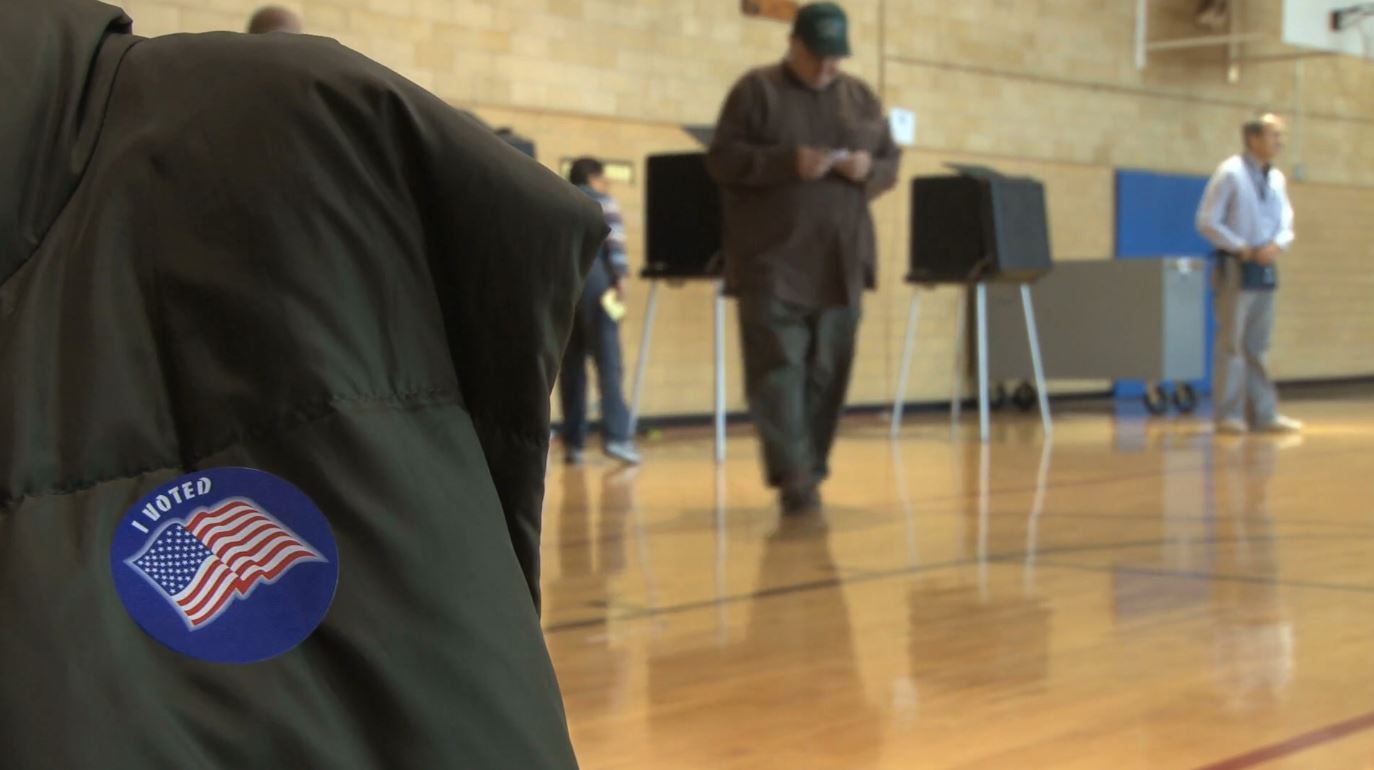In battleground Wisconsin, election clerks must now accept absentee ballots with partial addresses

WDIO-TV/Archive
MADISON, Wis. (AP) — The Wisconsin Elections Commission has complied with court orders and voted to tell the more than 1,800 local clerks who run elections in the battleground state that they can accept absentee ballots that are missing parts of a witness’s address.
The commission voted 5-1 Thursday, with Republican Commissioner Bob Spindell opposed, to adopt the new guidance for absentee ballot envelopes with a “missing” address, the Wisconsin State Journal reported.
Under previous guidance, clerks were required to reach out to voters to correct absentee ballot envelopes that had “incomplete or insufficient” witness address information before those ballots could be accepted.
Spindell proposed amending the new rule to require a witness to provide a photo ID before corrections are made to an absentee ballot envelope, but the motion failed Thursday on a 3-3 vote, with all Democratic members opposed.
The Republican-controlled Legislature and the conservative group Priorities USA have appealed a pair of court rulings affecting absentee ballots, which could result in even more changes in election rules prior to the November presidential election. Every vote is critical in Wisconsin, where each of the last two presidential elections in Wisconsin was decided by fewer than 23,000 votes.
This year’s contest is shaping up to be another close one. The Marquette University Law School poll released on Wednesday showed that President Joe Biden and former President Donald Trump are about even among likely voters.
Ever since Trump’s defeat in Wisconsin in 2020, Republicans have been fighting in court to tighten the rules to limit how many absentee ballots can be accepted.
State law requires absentee ballots to be submitted with a witness’s signature and address on the outside envelope that contains the ballot.
Dane County Judge Ryan Nilsestuen last month ruled, in two cases brought by liberals, that a ballot can still be accepted even if a witness address omits municipalities and ZIP codes, or simply say “same” or “ditto” if the witness lives with the voter. Nilsestuen last week ordered the elections commission to approve guidance no later than Friday that would direct clerks on what ballots can be accepted. Nilsestuen stressed that he wanted to move quickly given the upcoming Feb. 20 primary for local elections. Wisconsin’s presidential primary and spring general election is April 2.
The lawsuits, filed by Rise Inc., a liberal group that mobilizes young voters, and the League of Women Voters of Wisconsin, are expected to go to the Wisconsin Supreme Court.
Under the new commission’s new guidance, clerks will be told that a witness address can be accepted if it includes the street number, street name and municipality, but neither a state name nor a ZIP code or with everything except a municipality and state name. It would also be acceptable if the witness includes the same street number and street name as the voter, but no other address information is provided.
And it would also be allowed if the witness indicates their address is the same as the voter’s by saying “same,” “same address,” “same as voter,” “same as above,” “see above,” “ditto,” or by using quotation marks or an arrow or line pointing to the other address.
The Legislative Audit Bureau in 2021 reviewed nearly 15,000 absentee ballot envelopes from the 2020 election across 29 municipalities and found that 1,022, or about 7%, were missing parts of witness addresses. Only 15 ballots, or 0.1%, had no witness address. Auditors found that clerks had corrected addresses on 66 envelopes, or 0.4% of the sample.
All contents © copyright 2024 Associated Press. All rights reserved